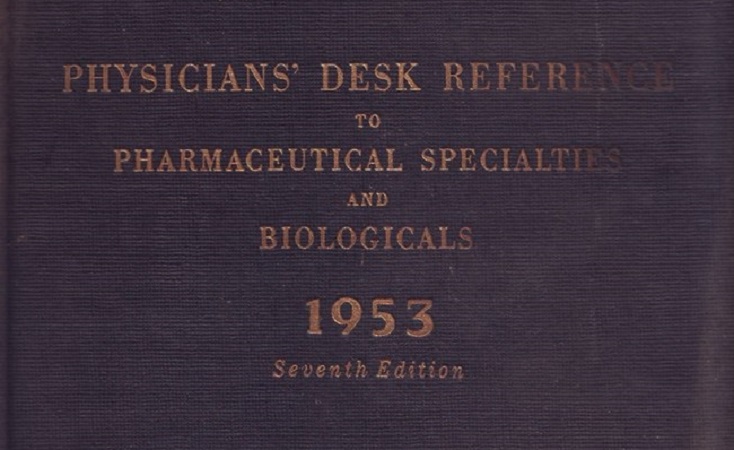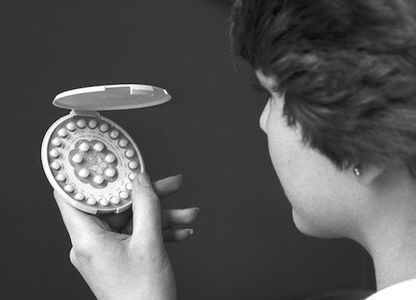Attraction is complicated.
Imagine this scenario: You are at a bar, it’s late and the bar has all but cleared out. You make conversation with several of the people that are left – some flirty banter ensues between you and the friend of someone whom you’ve been intimate with in the past. Inexplicable as it may seem you’re attracted to the friend – in this situation what do you do? Do you act on the attraction or ignore it due to moral conflict?
Chances are your answer will differ based on your gender. Society outlines a lot of ways in which we should act. Men have “Bro-code” or “Man-code” a set of rules, ranging from “no fanny packs” to “no sleeping with a ‘bro’s’ ex-girlfriend,” which define heterosexual inter-male bonding.
While the term “bro-code” might be new, its premise certainly isn’t. From a twenty-two year old friend, to my middle-aged father, to other various men I’ve interviewed – it is known that there are just some things that men shouldn’t do; with the most popular offense named as dating a male-friend’s girlfriend or ex-girlfriend. Of course, when asked further this rule only relates to male-male relationships (friends of ex-girlfriends or girlfriends are not off-limits).
Interestingly enough, women don’t ascribe to an unspoken code about dating. Yes, “girl-codes” (and the infamous “ho’s before bro’s”) have cropped up as a response to “bro-code” but generally speaking women have no defined ‘go-to’ dating code.
So why is it that men have an outline for their own appropriate moral behavior and women do not? Stereotypes and social rearing aside, the answer to this question likely lies in our neurobiology.
The first area of the brain which might offer hope in explaining the differences between male and female social thought processing is the temporal parietal junction (TPJ). The TPJ is the area of our brain most active during interpersonal emotional exchange, which seeks to find a quick solution during emotional discourses. In men the TPJ is more active; suggesting that men seek to solve emotional quarrels faster than women do. Males also have much higher levels of testosterone which acts on their TPJ to decrease punishment concerns and make a more immediately pleasing decision in moments of social/moral discomfort. Similarly the anterior cingulate cortex (ACC) also deals with social anxiety and a fear-of-punishment; in that it detects conflicts, weighs options, and motivates decisions. The ACC is smaller in men than in women, which supports a woman’s likelihood to dwell and contemplate in emotional instances and a man’s likelihood to make quick decisions based on his TPJ.
Studies have shown that testosterone increases when in the presence of an physically attractive female. A spike in testosterone and TPJ involvement can explain why a man might ignore other emotional conflicts to pursue an attractive female. However, when in the presence of a female who is either related to a male friend or conjugal partner of a close male friend, a male’s testosterone levels have been found to decrease – thereby lowering the chance of acting on impulse and thus setting a foundation and a neurobiological basis for not dating a close relation of a male friend.
But perhaps the best neurological explanation for why men need a spoken social code and women do not is Mirror Neuron System (MNS), which allows for emotional empathy. The MNS allows us to detect the emotions of others by reading their facial expressions and interpreting their tone of voice and other nonverbal emotional cues. The MNS is larger and more active in the female brain – which may explain why women tend to “read into things” much more than men do. While a male’s hormones and brain anatomy allows them to act first and think later – women’s brains are much more concerned with punishment and perception. Whereas a large enough spike in testosterone might be all a man needs to do something he might regret later, a women likely has a whole arsenal of reasons (based on prior experiences, non-verbal cues and other interpretations) motivating her decisions. In this sense it is hard for women to follow a simple moral code when so many factors can motivate their decision-making.
Of course studying attraction provides its own difficulties seeing as mate preferences are usually assessed when a participant is in a state of cool rationality. Yet, when truly attracted to someone (or after a night of drinking – as in our bar reference above) often a state of cool rationality does not exist – and for men, who are already looking for a quick way out of conflicting emotional scenario, perhaps a concrete rule is best for maintaining social stability.















